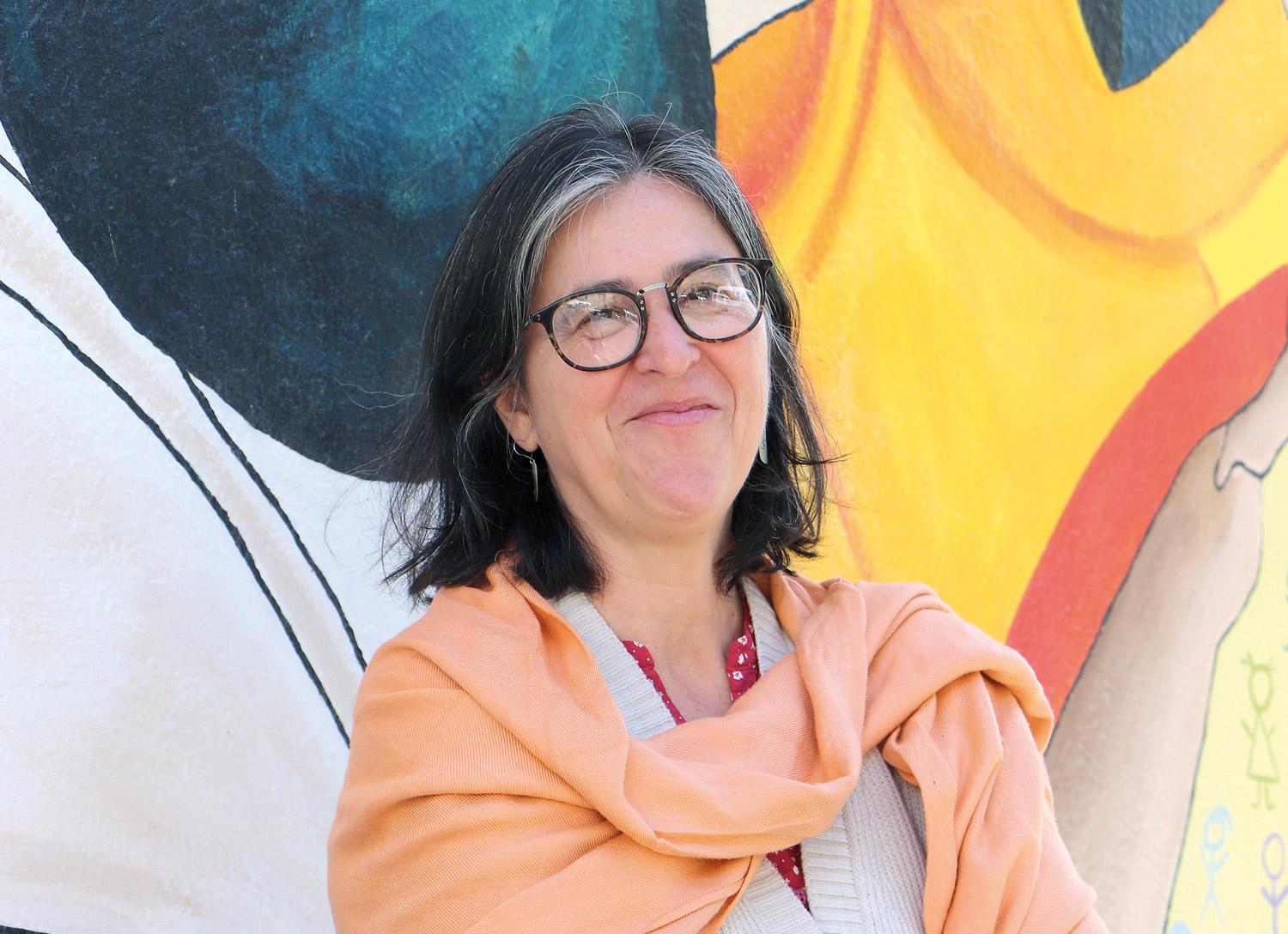The Spanish Government will press for the formalisation of Catalan in the European Union, ahead of Basque and Galician
- The reasons used by the Foreign Minister, Manuel Albars, are, among others, that the preference for Catalan will speed up the process and that Catalan has more speakers than the other two languages.

The Spanish Government will prioritise the process of formalising Catalan in the European Union (EU) against Basque and Galician. A meeting on the formalisation of the three languages was held in the EU Congress on Tuesday, but concluded without a vote, as foreign ministers needed "more time" to take the decision.
According to the Spanish Foreign Minister, Manuel Albars, the Member States' doubts include the economic and administrative costs resulting from the simultaneous formalisation of three languages. Therefore, he believes that first of all the formalization of Catalan will speed up the process. He adds that the Catalan parties have called for "time and time again" the formalisation of their language in the EU, and that their language has more speakers than Basque and Galician.
The Government of Spain was requested by the Junts per Catalunya to formalise the three languages in the EU, in exchange for the party to support the candidate they presented to the presidency of the Spanish PSOE Congress. After the European meeting, Albars indicated that following the request, the government has complied with the commitment made in this regard.
Reactions of the Basque parties
The PNV and EH Bildu have not seen the government's decision with good eyes. The Minister for Culture and Linguistic Policy of the Basque Government and Spokesman, Bingen Zupiria, has pointed out that this is not the first time that the official language is required, but has also been promoted by the institutions of the Basque Country.
EH MEP Bildu, Pernando Barrena, has accused the government of "tacticism" and stressed that the number of speakers is "an excuse". "Today there are three official languages with fewer speakers than Euskera: Maltese, Gaelic and Luxembourgish"
Her daughter learns to play the ukulele. He once acted with Somewhere over the rainbow notes. The author of this version was Israel Kamakawiwo?ole. As you see, Mr Israel’s last name is quite special to us. So special that “Cira, this is not an English surname, maybe behind... [+]












